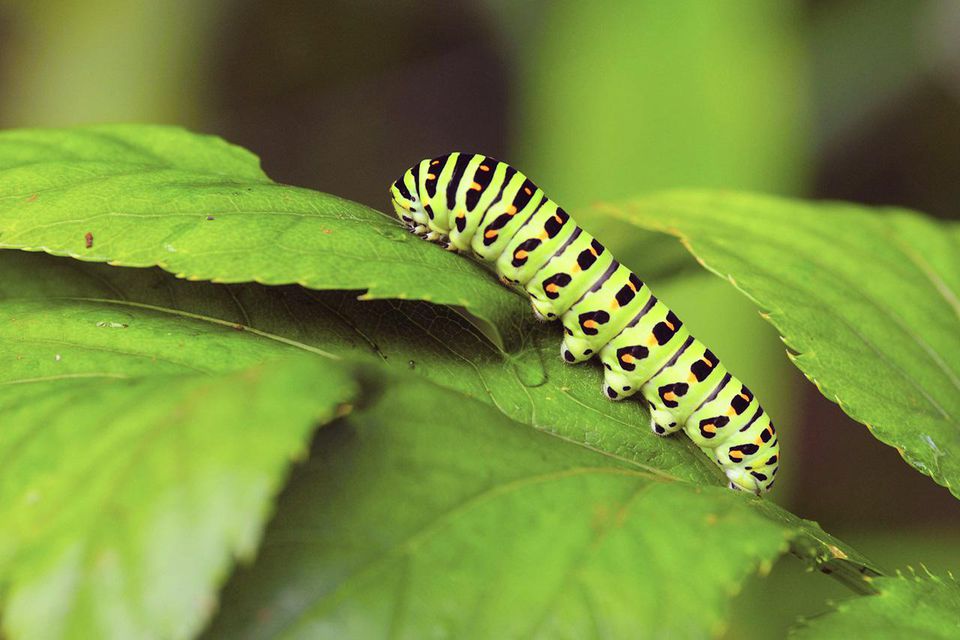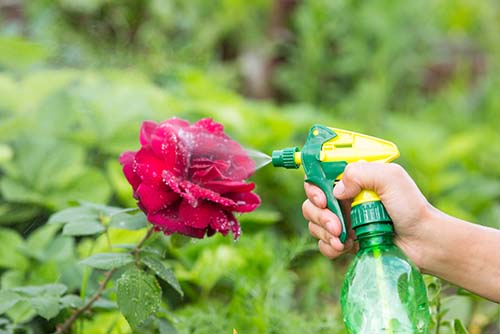The writer is making several great points about How to Control Pests Without Pesticides overall in the content following next.

No property owner wishes to share space with a pest. These uninvited intruders can damage your property as well as harm your wellness. Huge pest infestations normally equate to the use of poisonous chemicals. Though there are currently eco-friendly pesticides out there, they can still be worrisome, specifically if you have young kids in the house. Therefore, it would certainly be much better to exercise watchfulness and avoidance to avoid full-blow infestations. Below are seven guaranteed ways to manage pests so you don't need to resort to poisonous chemicals.
Establish a Regular Cleaning Arrange
Parasites normally attack areas that are not clean. If you desire to make certain your residence is pest-free, stick to a routine cleaning routine.
Dispose of Food Scraps Appropriately
The main reason pests like your home are all the food! Dispose of food scraps in paper bags and also placed them in a secured rubber container. Make sure that crumbs are vacuumed, and countertops are cleaned down.
Seal Entry Details
Seal off all feasible access factors if you desire bugs to stay out. Bear in mind, a tiny mouse can press its body in an opening as huge as a container. Pay attention to little splits because crawlers and ants can undergo there. You can use a caulking weapon to restore any bothersome areas. Furthermore, pay attention to door and window voids. You can use climate strips to make sure your home is incredibly sealed.
Assure Good Air Flow
Especially, some pests like dust termites enjoy moist and also moist atmospheres. If you desire them gone, permit fresh air as well as sunshine to flow via your house.
Use Do It Yourself Pesticides
You can DIY pesticides without any chemicals. Soap and also vinegar eradicate dust mites. Lavender climbed, and also neem essential oils ward off ticks. Peppermint oil also works wonders on a lot of insects because the pungent smell drives them crazy. Take into consideration making self-made concoctions to maintain insects away.
Try an Ultrasonic Plug
Keep them near entry factors to ward off frustrating pests. These cutting-edge devices give off sound waves that just pest ears can hear.
Seek Eco-Friendly Pest Control
If you have done whatever feasible, but parasites still involve your property, you should call a trustworthy pest control business. If you want secure as well as eco sound options, you must seek a business with "environment-friendly" accreditations. This means they make use of organic pesticides to remove pest infestations to ensure the security of your family members, personal belongings, and family pets.
No property owner desires to share space with a pest. Large pest infestations normally correspond to the usage of toxic chemicals. Here are 7 surefire methods to regulate insects so you do not have to resort to toxic chemicals.
If you want parasites to stay out, secure off all feasible entry factors. If you have done every little thing possible, however pests still come to your building, you should call a reputable pest control business.
Effective pest control without the harmful chemicals
If you have grown plants for food or aesthetics, you have probably experienced the frustration of losing some of your crops to insects and other pests. That is just a part of gardening, although if you grow crops year-round, you’ve probably realized that the upside of winter gardening is that you don’t have to spend much time fighting herbivores, since the cold weather kills them or drives them into a dormant stage. Animals are a different story, however, and you may find that hungry squirrels, deer, raccoons, or other critters are helping themselves to your plants even through the cold season.
To get rid of insect herbivores, many gardeners resort to using insecticide-pesticides. (Pesticides consist of a number of substances, including weed killers like RoundUp, insect-killing chemicals, and molluscucides, or “snail bait.”) In fact, most commercial (and many non-commercial) plants are grown with the aid of pesticides. While this may seem like a solution to the problem of insect herbivores ruining all your hard work, it has many downsides that have implications for your plants’ health, the health of the environment, and your own as well.
What effects do pesticides have on plants, the environment, and human health?
Regular use of pesticide undermines plant health because insects develop greater resistance to those pesticides, which means that you have to use more pesticide. That increased usage can stunt the plant’s growth, interfering with photosynthesis and killing of beneficial microorganisms in the soil that help the plant to complete the chemical processes involved in delivering nutrients to its roots and leaves. Pesticides also contaminate the soil, water, and air harming wildlife and other, non-target plant species.
Are organic pesticides better?
Some people believe that using organic (i.e. plant- and mineral-based) pesticides is better for human and environmental health than synthetic pesticides. This is a common misconception, and one that the organic food industry is not too eager to correct. In fact, while most people believe that using pesticides that are approved for organic farming are less harmful than using synthetic pesticides, there is not much evidence to support this. However, the main reason for the lack of evidence is that there just haven’t been enough studies done to show the effects of regularly using organic pesticides on the health of plants and animals, the environment, and humans.
The studies that have emerged in recent years suggest some disturbing facts: one such study,[i] published in the journal PloS One in 2010, noted that the natural pesticides 1) mineral oil and 2) beauveria bassiana (a fungus), both USDA-approved for organic farming, were not only less effective in controlling soybean aphids than their synthetic counterparts, they killed off beneficial insects that kept the aphid populations down and thus had a negative environmental impact. Other natural pesticides, including insecticidal soap, pyrethrins, sabadilla, diatomaceous earth, horticultural oil, spinosad, and copper sulfate (a fungicide), are all toxic to bees. Rotenone, also approved for organic farming, is toxic to fish. Bacillus thuringiensis (Bt), a soil-dwelling bacterium and the most widely used pesticide in organic farming, is harmful to butterflies, moths, flies, and beetles.
https://www.greenandprosperous.com/blog/effective-pest-control-without-the-harmful-c

Do you really like reading up on Natural Garden Pest Control? Write a comment down below. We will be pleased to hear your feelings about this content. Hoping that you visit us again later on. You should take the opportunity to share this post if you enjoyed it. Many thanks for your time. Kindly pay a visit to our blog back soon.
Click Here!